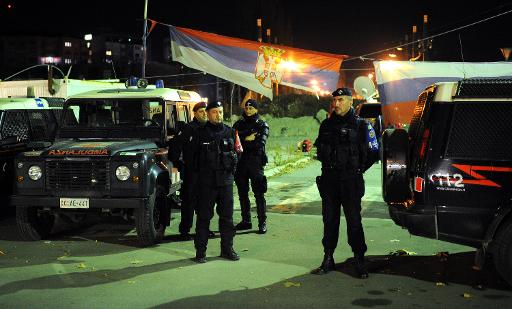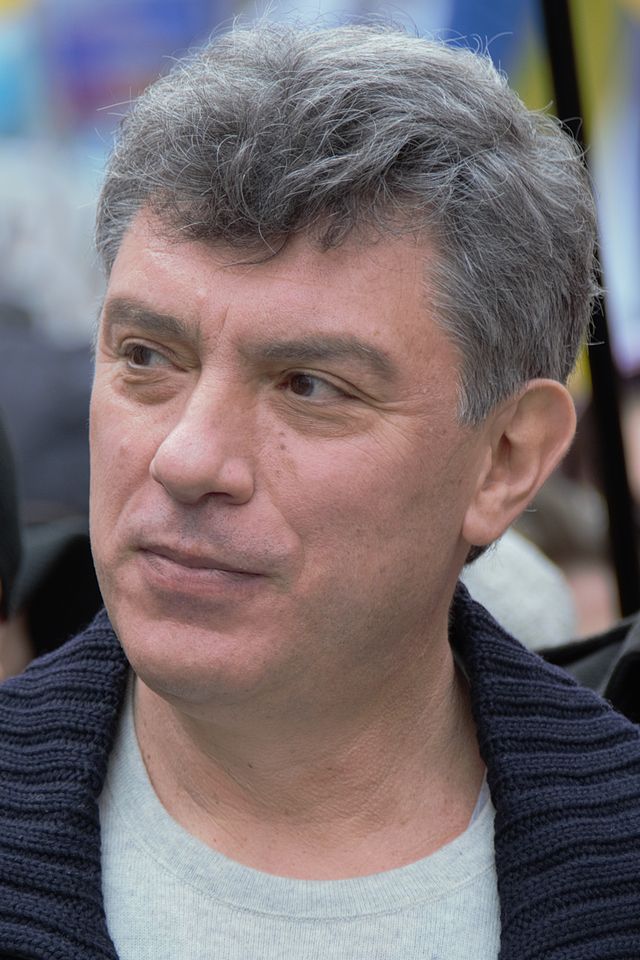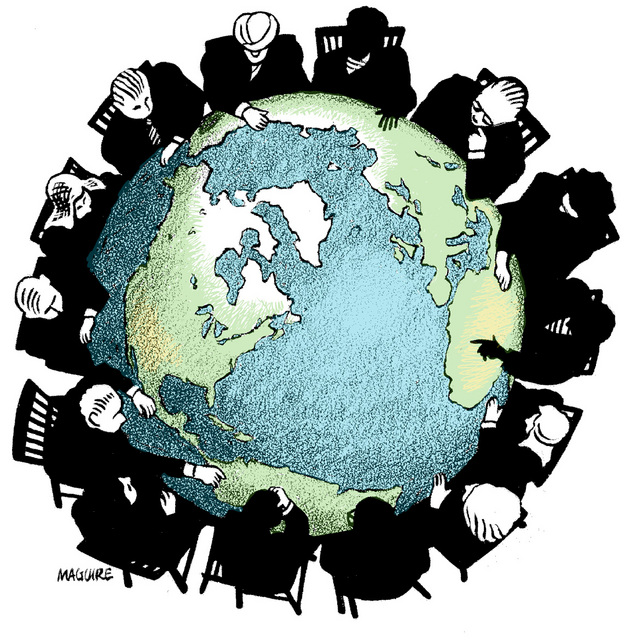On Sunday, November 3th, voters went to the polls in Kosovo for regional elections. All eyes were fixed on the outcome in the north of the country, which is populated mainly by Serbs. The elections were supposed to be a historic sign of progress and reconciliation between Kosovar Albanians and Serbs. Instead, they were marred by violence perpetrated by Serb nationalists, who stormed polling stations, assaulted voters and officials, and fired tear gas in the northern city of Mitrovica.
The Organization for Security and Cooperation in Europe (OSCE), which had been monitoring and supporting the elections, went so far as to call back 60 staff members of its team of over 200 in the region in light of the violence.
Additionally, voter turnout in the Serb areas was worryingly low, averaging about 13 percent in the northern districts where a plurality of Kosovo’s Serbs live. Indeed, the election was boycotted by large parts of the Serb community, who consider taking part in the elections as giving validation to the Kosovar government, whose authority they refuse to acknowledge.
In spite of these worrying developments accompanying the elections, it is still not entirely justified to label them as an unmitigated failure, for a number of reasons.
A Silver Lining
For one, despite boycotts by the Serb population on the ground, the elections were supported by the Serbian government. Indeed, the government called on Serbs in Kosovo to take part in the election for the first time. Aleksander Vucic, Deputy Prime Minister of Serbia, even visited Kosovo days before the election urging voters to cast their ballots, an unimaginable scenario until very recently.
Furthermore, while turnout was incredibly low in the north of the country, in other regions, including Serb majority towns in the south, turnout was much higher. Perhaps surprisingly, in some municipalities with large Serb populations the turnout was higher than majority Albanian towns, reaching highs of 60%. Even in the north, turnout was higher outside the major city of Mitrovica, where the violence took place.
While Serbia still refuses to recognize the independence of Kosovo, the countries have taken substantive steps towards accommodating one another in recent months. In April, an accord was reached under the tutelage of the European Union. Under its terms, Serbs in Kosovo’s north were to be granted significant autonomy rights in exchange for respecting the authority of the federal governments over the courts and the police.
These steps toward reconciliation were in all likelihood driven in large parts by a desire by Serbia to further its goal of European integration. Following the April agreement, Serbia was given the green light to begin accession talks with the EU, for which it has been an official candidate country since 2012.
Notwithstanding its shrewd calculations, Serbia’s actions should be lauded. Despite the violence and boycotts accompanying the election, the Serbian government has acted mostly responsibly. Whether or not Sunday’s election problems manage to derail reconciliation between the two sides depends in large parts on the response of all stakeholders involved. Serbia should denounce the actions of Serb extremists, and Kosovo should recognize the positive gestures made by the Serbian government.
Not letting these unfortunate events get in the way of mutual understanding would be the best indicator of actual progress.




